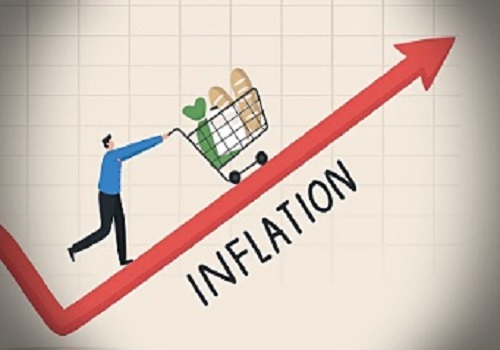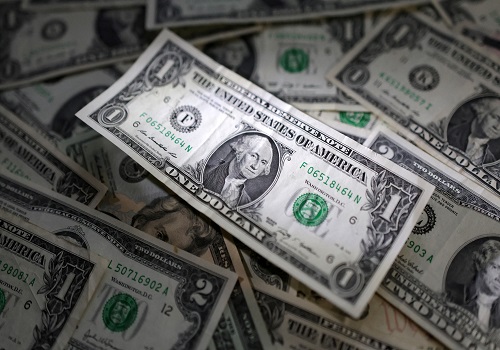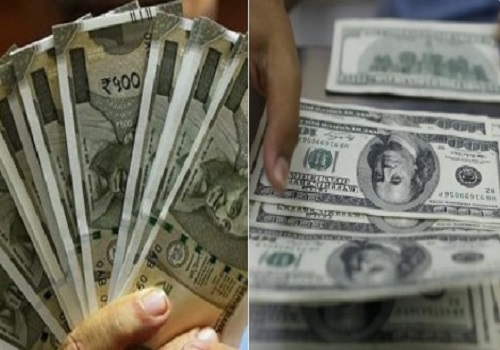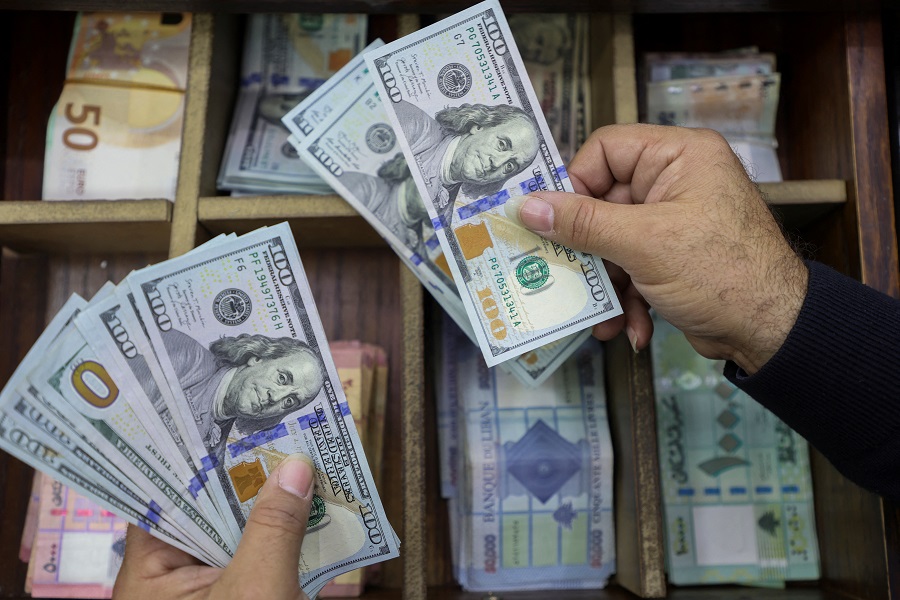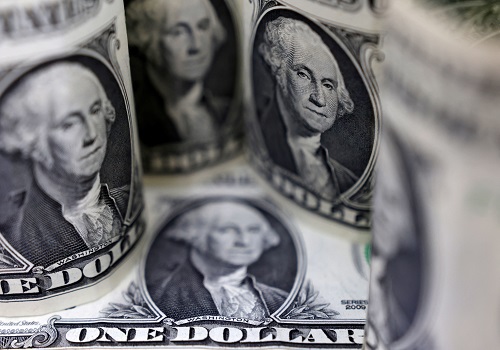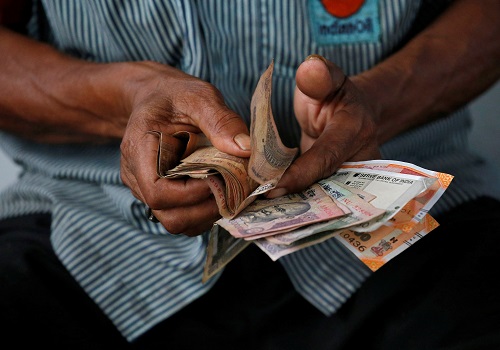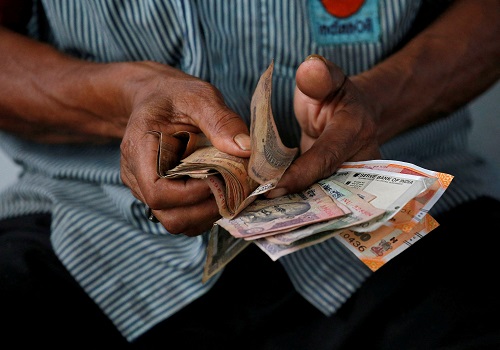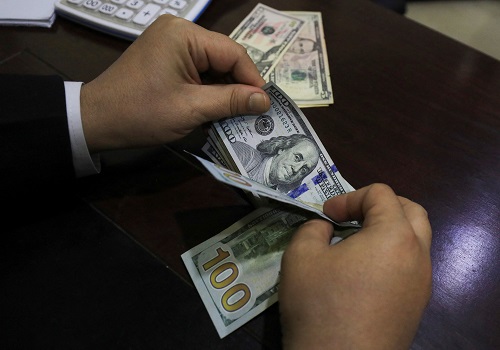Dollar steady ahead of inflation reading; yen teeters toward 160
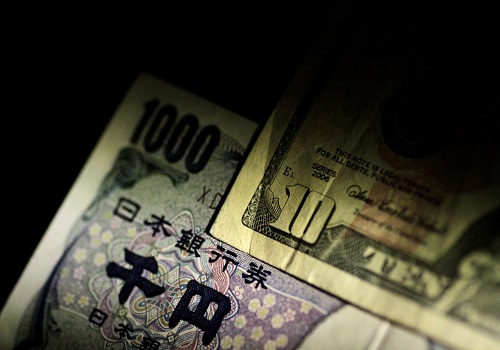
The dollar was steady on Monday as traders looked ahead to fresh clues on the U.S. inflation path that will likely influence interest rates, while talk from Japanese authorities did little to temper the yen's decline back the round number of 160.
The yen weakened to 159.94 per dollar in early trade on Monday, its lowest since April 29, when the yen touched a 34-year low of 160.245 leading to Japanese authorities spending some 9.8 trillion yen to support the currency.
It was last at 159.70 per dollar after Japan's top currency diplomat Masato Kanda said on Monday authorities will take appropriate steps if there is excessive foreign exchange movement, and that the addition of Japan to the U.S. Treasury's forex monitoring list would not restrict their action.
The yen has come under renewed pressure after the Bank of Japan's (BOJ) decision this month to hold off on reducing bond-buying stimulus until its July meeting.
A summary of opinions at the BOJ's June policy meeting on Monday showed some policymakers called for raising interest rates in a timely fashion as they saw a risk of inflation overshooting expectations.
"It's pretty remarkable despite expectations of further BOJ policy tightening dollar/yen continues to creep higher and is now back up to 160," said Carol Kong, currency strategist at Commonwealth Bank of Australia.
"I think unless the BOJ gives very hawkish hints on policy, which is unlikely, dollar/yen is unlikely to turn around sustainably."
The dollar index, which measures the U.S. unit against six peers, was last at 105.84, hovering close to the nearly eight week high of 105.91 it touched last week.
The spotlight this week will be on the U.S. personal consumption expenditures (PCE) price index - the Federal Reserve's favoured gauge of inflation - due on Friday.
Economists polled by Reuters expect annual growth in the index to slow to 2.6% in May and a soft reading is likely to bolster bets on an interest rate cut as early as September, which futures currently price as a 65% prospect.
Evidence is cumulating that the U.S. economy is slowing down, Citi strategists said in a client note, saying softer demand makes a string of softer core inflation readings more likely.
"The combination of slowing activity, a loosening labour market and slower inflation readings make us increasingly confident that the Fed will begin reducing policy rates in September," Citi said.
The focus through the week will also be on geopolitics, with the first U.S. presidential debate on Thursday and the first round of voting in the French election at the weekend.
The euro, which has been under pressure since French President Emmanuel Macron called a snap election earlier this month, was little changed at $1.0693. The single currency is down 1.4% this month.
France's far right National Rally (RN) party and its allies were leading the first round of the country's elections with 35.5% of the vote, showed a poll published on Sunday.
Christopher Wong, currency strategist at OCBC, said the knee-jerk impact on the euro can vary but is likely to be skewed to the downside, unless the outcome surprises with President Macron's ensemble coalition winning a larger share.
In other currencies, sterling was flat at $1.2643. The Australian dollar was last at $0.6640 and the New Zealand dollar was little changed at $0.6113.
















